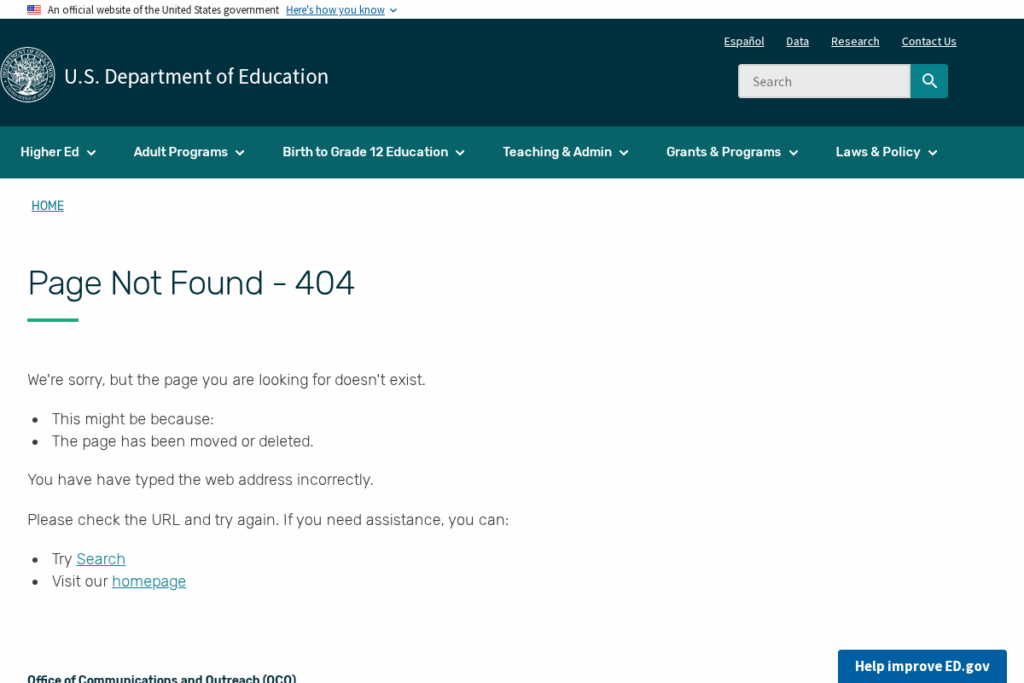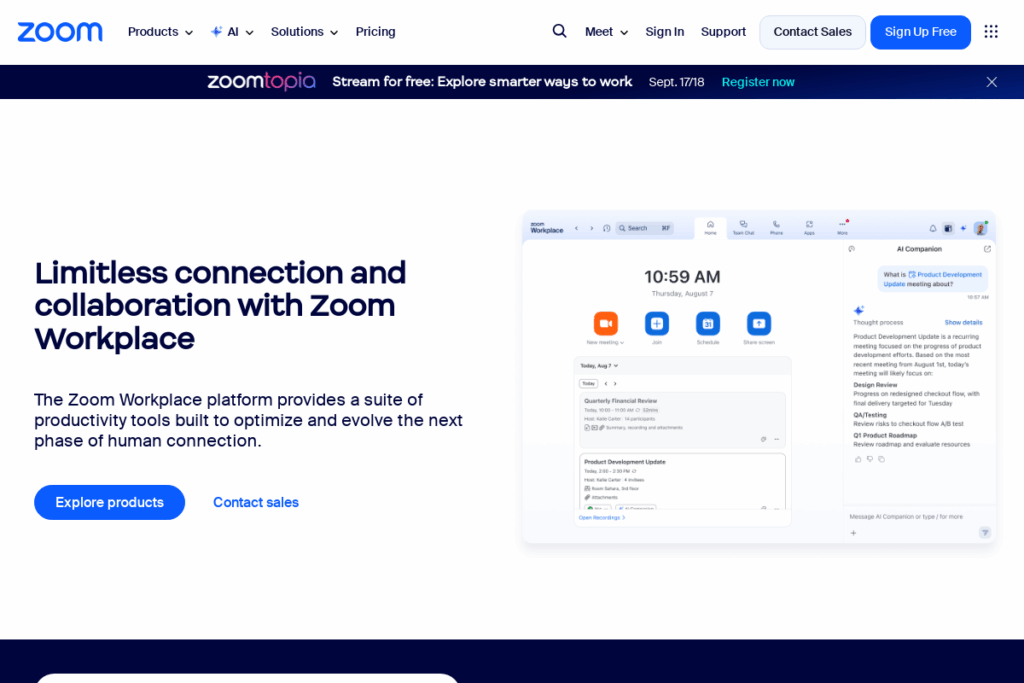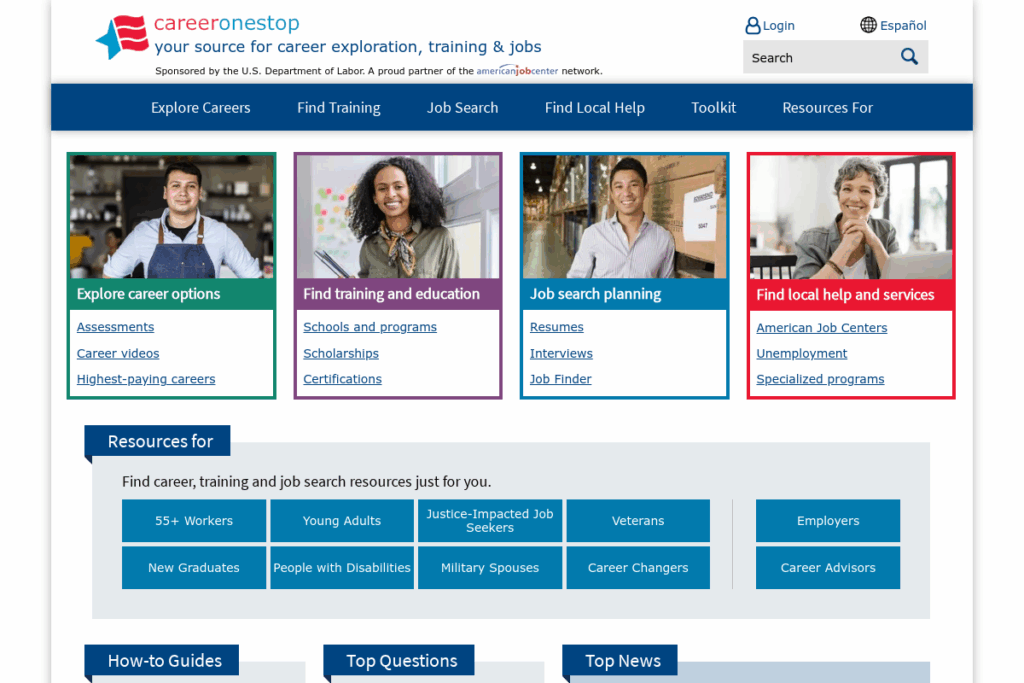Teaching is a rewarding career, but many educators look for ways to boost their income beyond the classroom. Whether you are hoping to pay down debt, save for a big goal, or simply make the most of your skills, there are effective ways teachers can earn more. This guide breaks down six practical steps for using your expertise to make money on the side, offering actionable advice and trusted resources every step of the way.

1. Tutor Locally or Online
Tutoring remains one of the most accessible side hustles for teachers. You can work with students locally, at their homes or in public spaces, or offer your services online. Platforms such as Varsity Tutors and the global favorite Wyzant connect you directly with learners and allow you to set your own rates. Assess what subjects are in high demand in your community—test prep, reading intervention, or math—and target those areas. Tailor your marketing to parents in local forums, and consider joining neighborhood Facebook groups as well.
Tutors working online may pick their availability and meet students from anywhere, creating real flexibility. Some teachers even specialize in skills like ESL, earning income on platforms such as VIPKid. Explore both in-person and remote options to see where your expertise earns the most.
2. Sell Educational Resources

If you create lesson plans, worksheets, or classroom activities, you have a valuable product to sell. Sites like Teachers Pay Teachers empower educators to earn by sharing their best materials. To succeed, focus on producing content that addresses common classroom challenges or fills resource gaps for your grade or subject. High-quality graphics, detailed instructions, and aligned learning objectives turn your files into attractive products.
Ensure your resources meet ESSA standards when possible for wider reach. Promote your shop using forums, Pinterest, or teacher Instagram communities. For those interested in additional ways to monetize creativity, our article on profitable selling ideas provides more inspiration.
3. Offer Workshops and Enrichment Programs

Many families seek learning opportunities after school or during the summer. Teachers can fill this need by launching workshops—think art classes, STEM camps, or writing bootcamps. Use community centers, libraries, or even virtual meeting tools like Zoom to host engaging sessions.
Success comes from thinking creatively about your expertise. If you have experience with special education, consider individualized programs for neurodivergent learners, or check out ideas on creating accessible jobs in our guide about roles for neurodivergent people. As you grow, ask for testimonials to help build credibility, and post event listings on local sites and parent groups to attract sign-ups.
4. Write and Publish Educational Content

Your teaching experience offers a valuable perspective for blogs, educational websites, and curriculum providers. Start your own blog to share lesson ideas or classroom management strategies—this can be monetized through ads, sponsored posts, or affiliate links. Check out comprehensive guides like how teaching blogs make money or explore large freelance platforms such as Upwork for paid writing gigs.
Some teachers also ghostwrite educational materials or assessments. For more details on entering the paid online writing market, a focused overview is found in our resource on remote writing jobs. Building a strong writing portfolio can open many doors, both for extra cash and professional advancement.
5. Teach Adult or Corporate Learning Courses

Adult learners and corporations often hire experienced teachers for skill-building. Consider partnering with local community colleges, workforce development programs, or continuing education centers. You might teach GED prep, ESL, or workplace communication. For flexible reach, list classes on websites like Coursera or Udemy.
Professional development is a booming market, and teachers with specialized skills—such as tech literacy or public speaking—are in high demand. Survey your own expertise and research what businesses or adult programs need in your area. Government resources on CareerOneStop show current trends in adult education, helping you tailor your courses for the most impact.

6. Monetize Summer and Breaks
School holidays are prime for seasonal earning. Offer tutoring bootcamps, academic enrichment days, or join specialized summer camps. Many parents seek reliable educators during breaks, and you can charge premium rates for short-term programs. If you want to diversify further, browse other gigs perfect for educators during downtime, such as exam scoring or freelance curriculum development.
For more creative summer offerings, including ones for families and youth, see suggestions in our roundup of summer side hustles. Consider combining educational services with hobbies, like music lessons or arts and crafts sessions, to expand your market and keep your income steady all year.
Making more money as a teacher is about using your classroom strengths in new and entrepreneurial ways. By tapping into online platforms, selling resources, running workshops, and taking advantage of school breaks, you can supplement your salary without burning out. Pursue one or more of these steps and discover several income streams that reward your expertise and your commitment to education.

